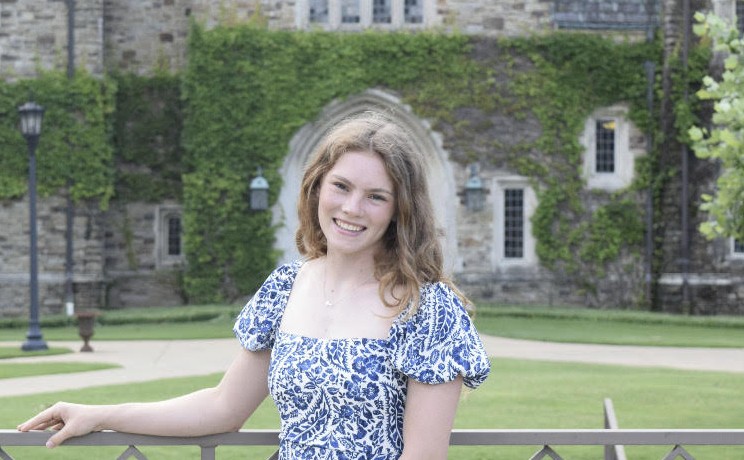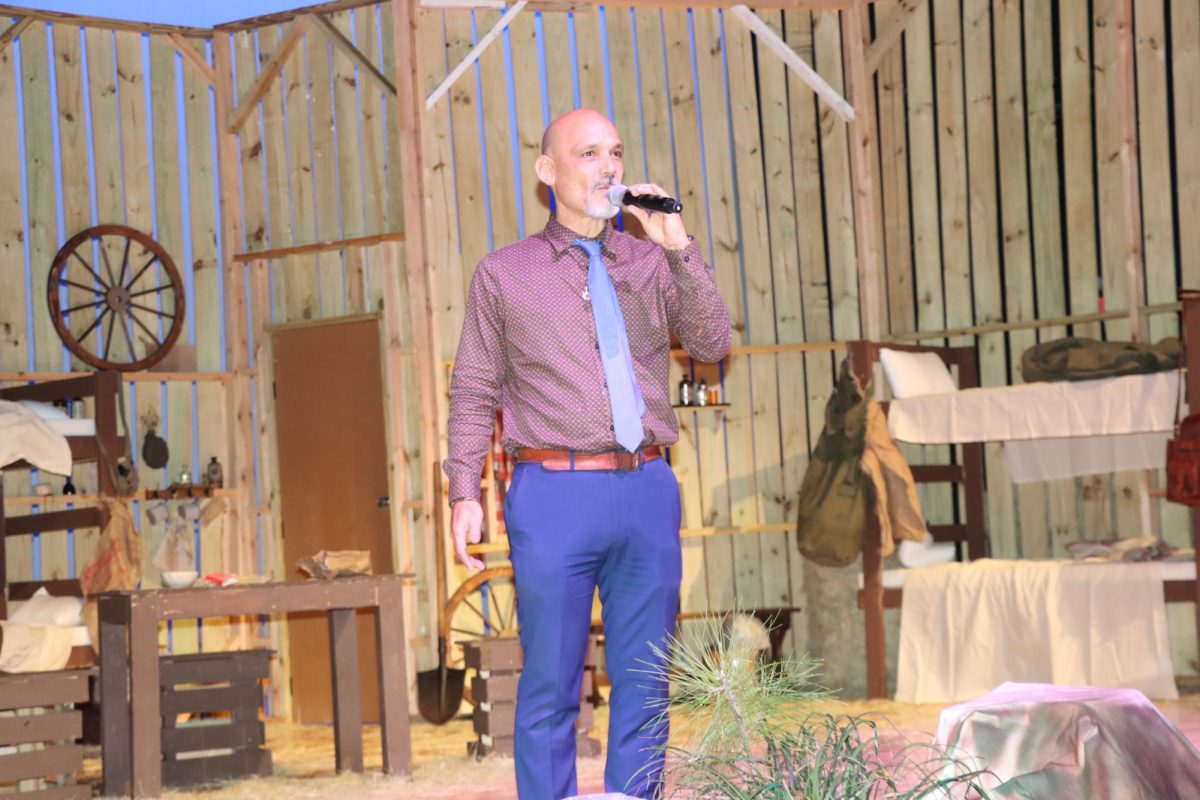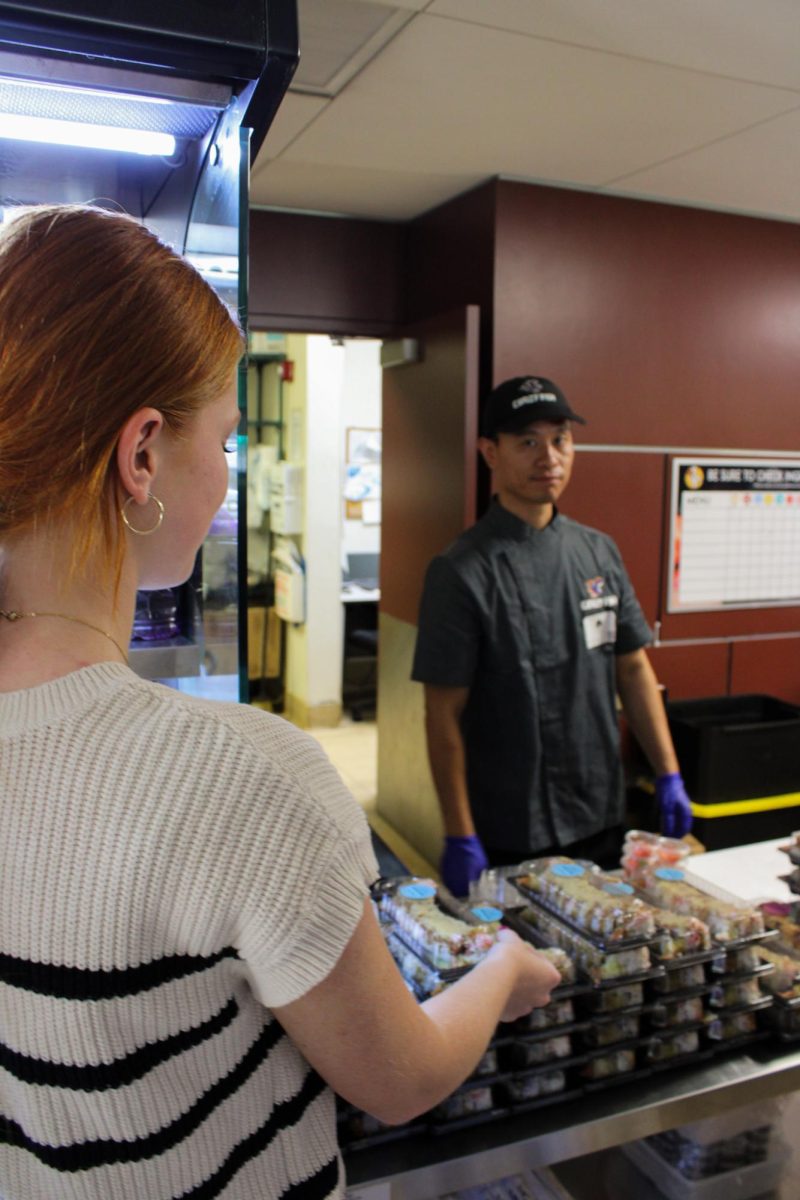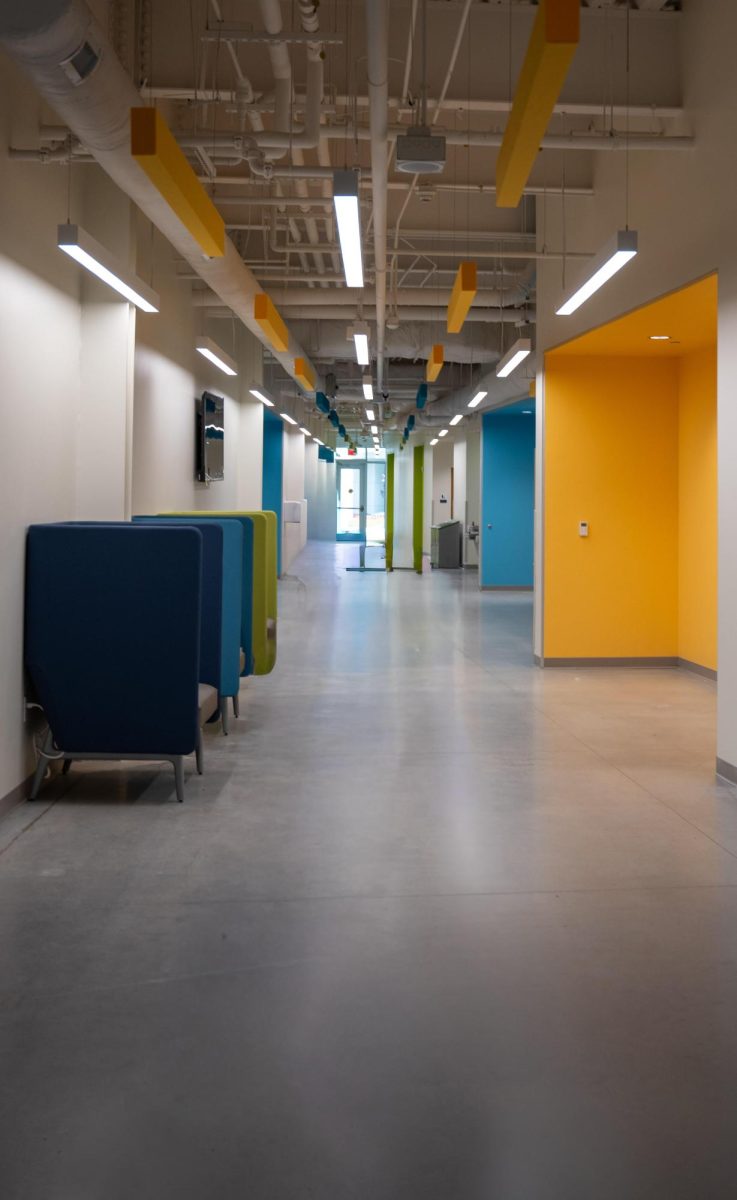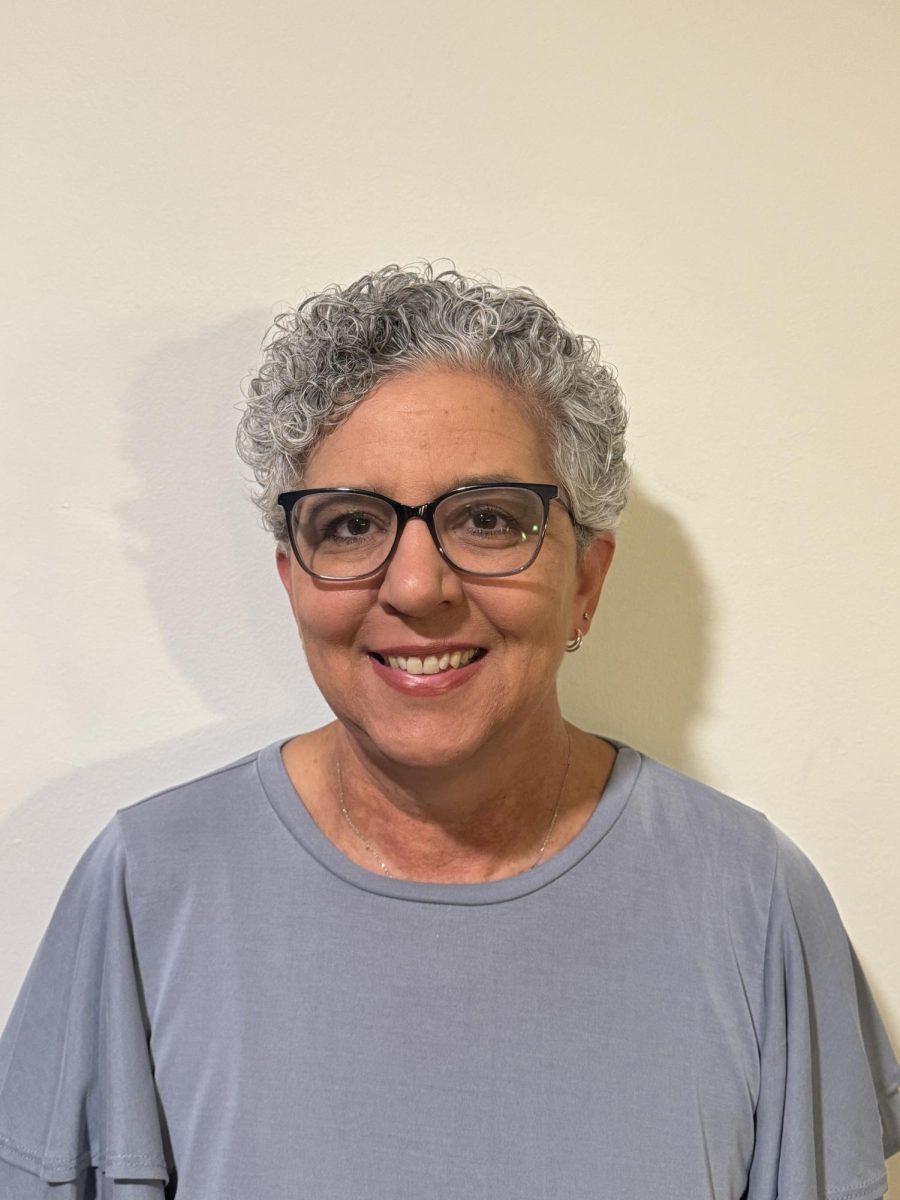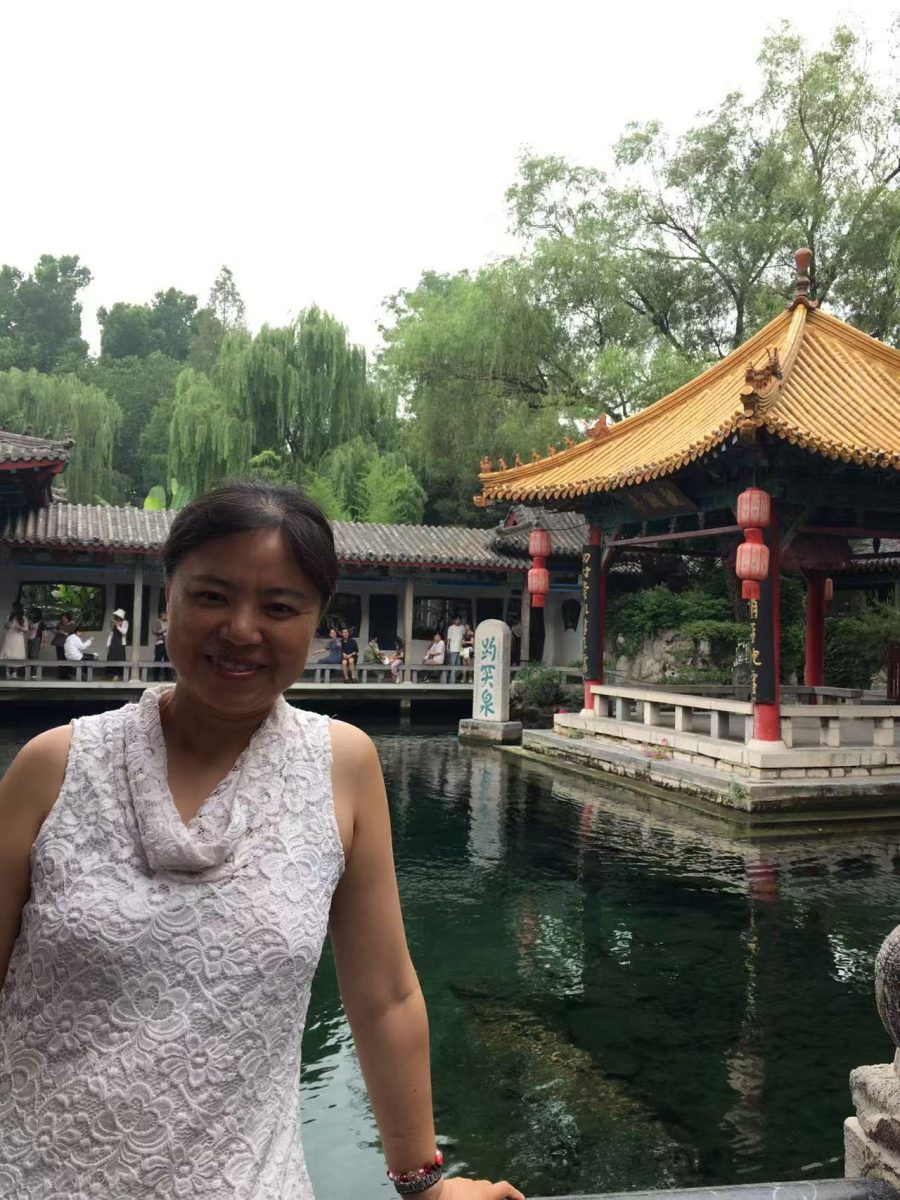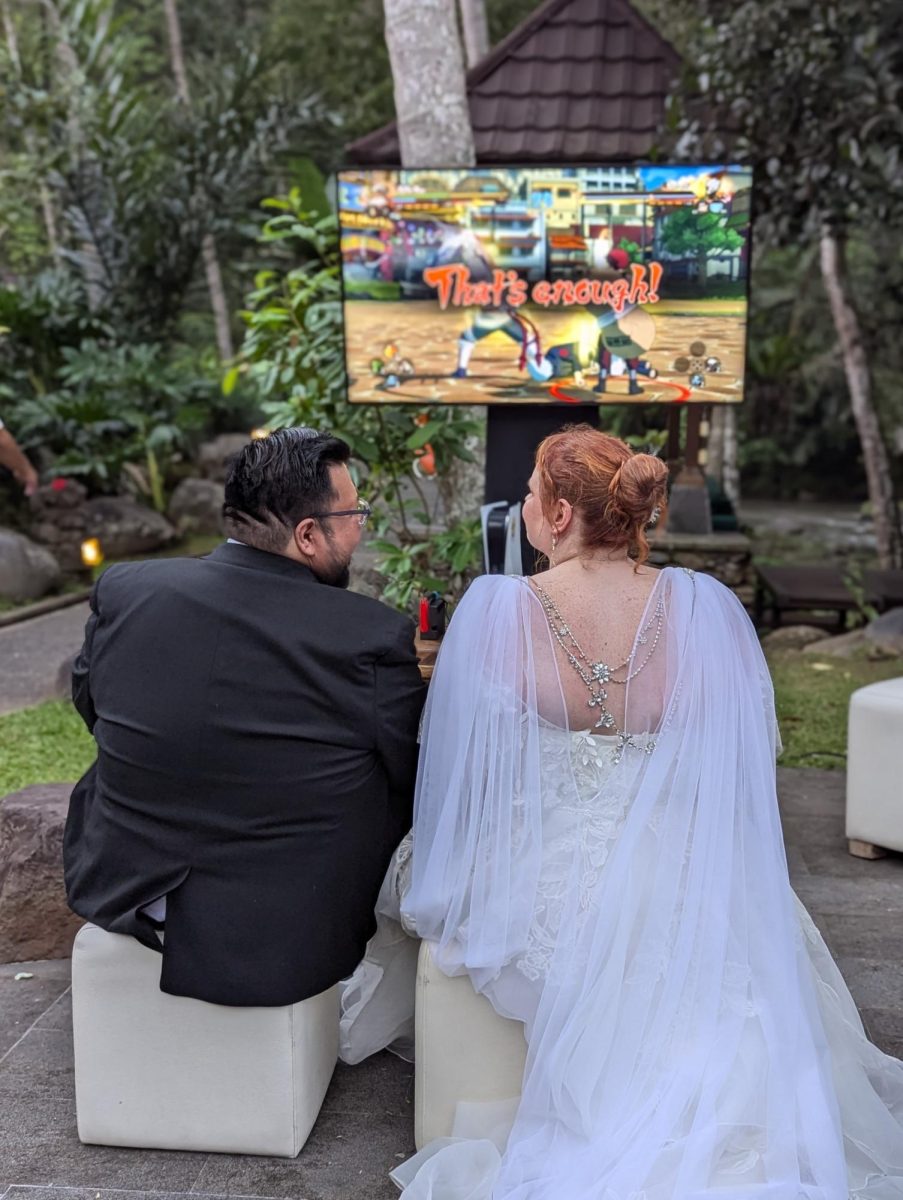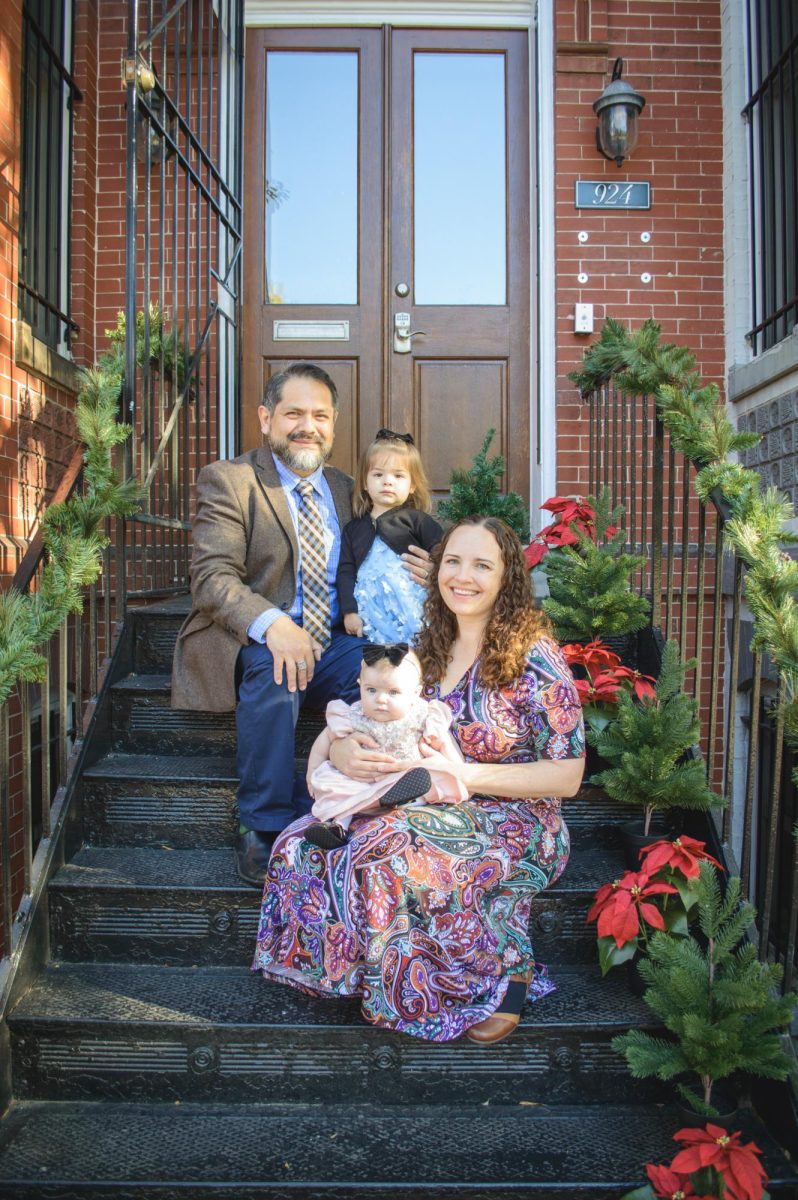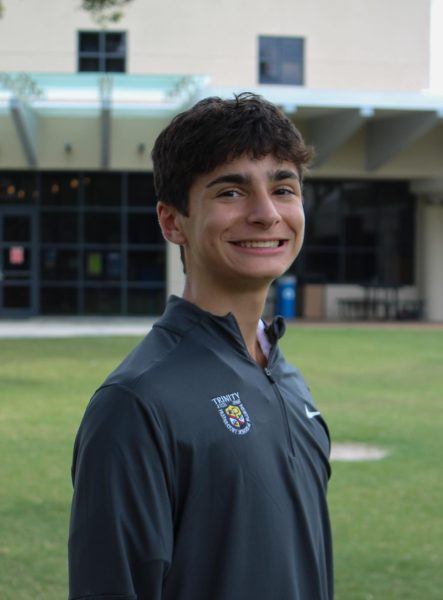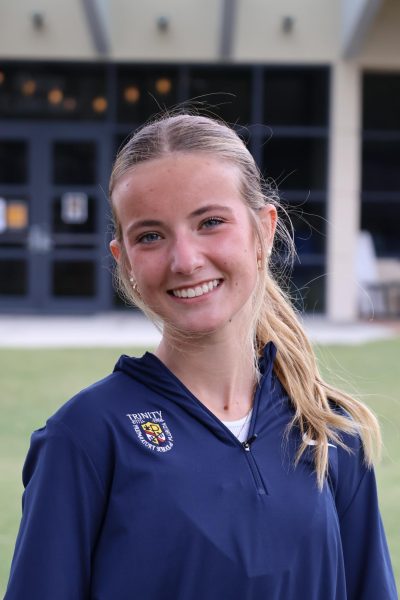One only needs to look at the divisiveness in the status quo to find that a misunderstanding of faith plays a central role in some of that divisiveness. With this, there has never been a more prevalent call for a more accepting and diverse environment on a school campus. Among Trinity’s various organizations, the Diversity of Spirituality, Thought and Perspective Student Advisory Council is its most ambitious project yet. Run by Assistant Head of Upper School Sebastiaan Blickman and Father Russell Wohlever, the cohort aims to recognize faiths year-round and allow students the opportunity to learn from one another, and also to share their identity with the school in a constructive and educational setting.
“It was after Culture Fest last year where it was my first time ever seeing it, and I thought, imagine if we were able to do something similar to this for the various faiths, diversity and spiritualities that exist on campus,” Blickman said.
With roots leading back to Trinity’s very own mission statement, which highlights embracing diversity, the council serves a unique purpose on campus. By sparking dialogue around the misconceptions regarding students’ individual faiths, it also provides opportunities for students to learn about the various faiths celebrated on campus.
“At its heart, it’s to live out the mission, which is to provide leadership opportunities for students to listen to perspectives of others and to show, recognize, celebrate and learn about the diversity of spirituality that exists on our campus and hopefully allow students to grow in that spirituality,” Blickman said.
On Sept. 27, the Interfaith Assembly, comprised of representatives from the Jewish, Hindu, Catholic and Muslim faiths, spoke to Upper School students during middle block. This event was the first of many that will take place throughout the school year. When focusing on the specific religion, the council plans on inviting religious leaders from the community to come and discuss their faiths. In addition, they plan to engage students by incorporating activities to aid in student understanding of various faiths.
“Trinity is kind of a tight bubble from the outside world, so having this influence and teaching them about various religions, practices or traditions that people … celebrate is good,” junior and council member Ishan Choksey said.
Future plans for the council include a variety of events taking place in September until April, mainly occurring during middle block. The council plans to feature a religion represented on campus during a specific month tied to one of its holidays.
“So for [October], it’s the Jewish faith,” Choksey said. “ then the following month it’s the Hindu faith where we are planning to celebrate Diwali.”
Though the details are still a work in progress, the council plans to give a presentation, invite speakers from different backgrounds and include several activities for students to interact with to gain a better understanding of each faith.
“I think that the council will provide a better understanding of actual traditions that certain faiths celebrate, and then that’ll give the mindset to students that there’s so much more out there,” Choksey said.
Through the council’s mission, the valuable lessons taught through the exploration of religion will carry with and help students well after high school.
“You take that on with you after you graduate … college is a place where you meet new people from all over the world,” council member and junior Leticia Feliciano said. “I think that if we teach diversity and how it is important, you become more educated and you’ll be even more prepared to experience that in the real world.”
However, the council has been met with some pushback from students who originally wanted to implement affinity spaces, but it is argued that affinity spaces could do more harm than good.
“Affinity spaces are really difficult to run well and if they are run poorly, they run counter to our mission as a school,” Blickman said. “We recognize the beauty of having affinity spaces, but oftentimes, what those do is close doors more than they open doors for conversation.”
Through overcoming these challenges, the council has high aspirations for the future and will continue to work to achieve the goal of educating and representing the diverse faiths that students at Trinity celebrate.
“My hope is that the campus becomes one where folks are willing to and excited about their own spirituality, love to learn from one another and are curious about other faiths,” Blickman said.





